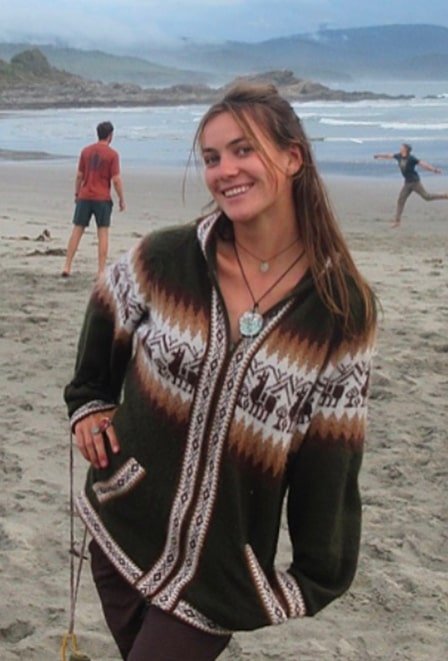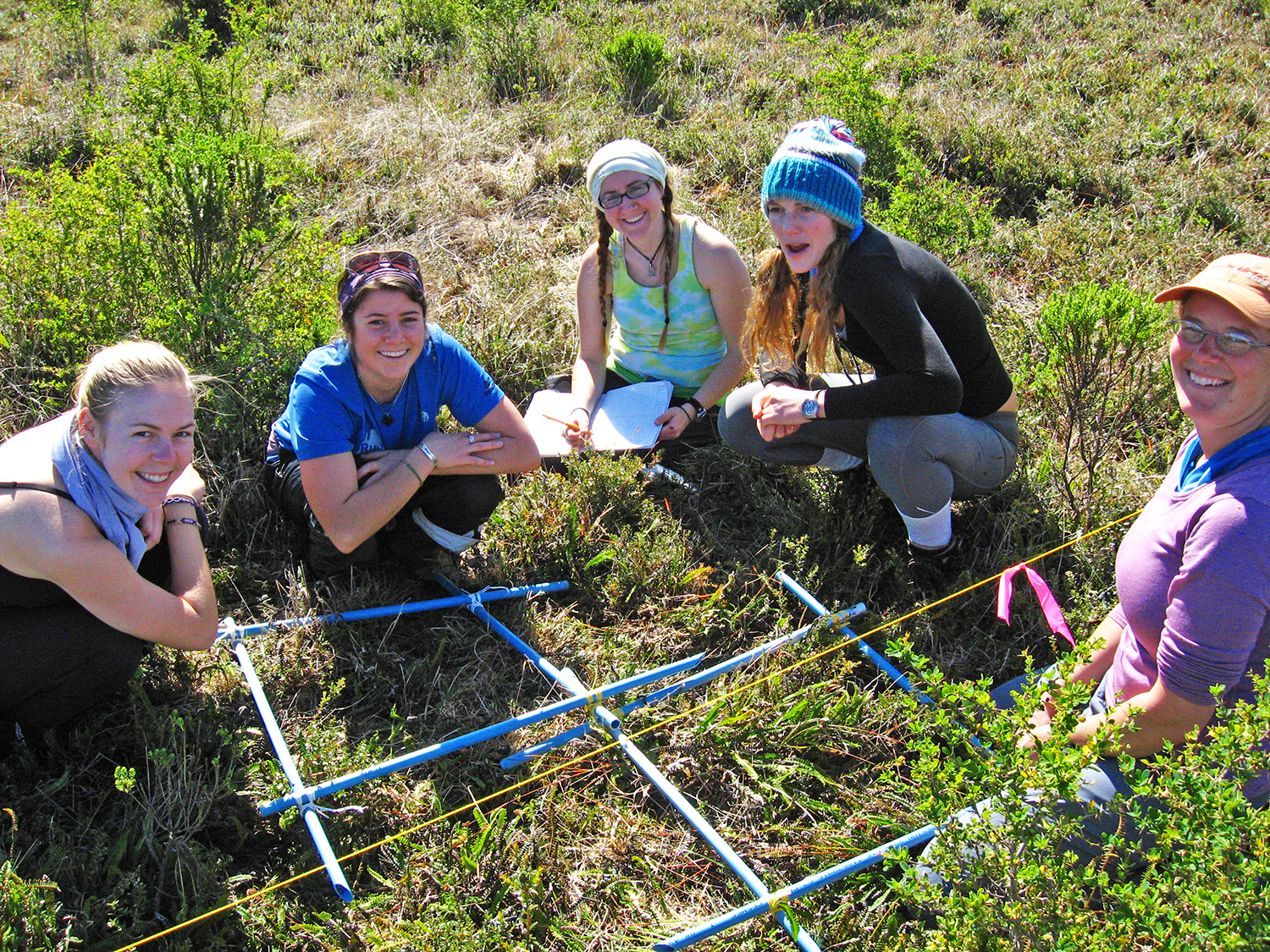Program Details
Location: Puerto Montt, Chile
Dates: Winter 2026: January 15—February 27, 2026
Winter 2027: January 20—March 4, 2027
Applications: Accepted on a rolling admission basis
Accommodations: Primarily camping, occasional youth hostel or rural lodge
Credits: 15 quarter credits or 10 semester credits
Language: English instruction
Courses: Environmental Wildlands Studies, Environmental Field Survey, Wildlands Environment and Culture
Prerequisites: One college level course in environmental studies, environmental science, ecology or similar. 18 years of age
Program Costs
Chile Winter 2026
$ 150 Application Fee
$ 7,500 Program Fee
$ 4,900 In-Country Logistics Fee
$ 1,900 Estimated Airfare and Mandatory Travel Insurance
$ 850 Estimated Food and Personal Expenses
$15,300 Total Estimated Cost
Winter 2026: Program fees due by November 1, 2025
Chile Winter 2027
$ 150 Application Fee
$ 7,750 Program Fee
$ 5,050 In-Country Logistics Fee
$ 1,900 Estimated Airfare and Mandatory Travel Insurance
$ 850 Estimated Food and Personal Expenses
$15,700 Total Estimated Cost
Winter 2027: Program fees due by November 1, 2026
The Program
Team members will take part in hands-on investigations of the ecology and conservation of southern Chile’s species and communities. Our first objective is to become fluent in the natural history of this region, its climate and geography, and to become intimately familiar with many of the species that live therein. We will travel across a transect of ecological systems ranging from coastal Valdivian rainforests, home of the ancient alerce trees, to the alpine forests, tundra and snowfields of the Andes, to the grasslands that lie in the rain shadow of the cordillera. As we become familiar with the inhabitants of these ecosystems, we will conduct ecological research projects that examine interactions, patterns of diversity, and ecological niches of the species we encounter.
We will also investigate the effectiveness of key conservation measures, such as the establishment of national parks and private reserves, which seek to create sustainable livelihoods for local communities while protecting biodiversity through participation in ongoing conservation, restoration, and sustainable agriculture projects. Highlights will include extended field investigations throughout the Cochamó Valley, an area of incredible biodiversity and home to some of the most majestic granite formations in the world, and Parque Nacional Chiloé, on the fabled Isla Grande. These are two remarkable natural laboratories with intact forest and wildlife communities. However, despite their protected status and almost impenetrable landscapes, daunting conservation challenges loom, ranging from unsustainable and unregulated resource use by local communities to ambitious multinational development plans including new roads, dams and salmon farming.
Academic Syllabus
Student Program Manual
Stories From the Field
Bella Ivory
Chile 2024 Alumni
“The six weeks I spent in the Patagonia region of Chile on the Wildlands 2024 program were truly the best of my life, filled with learning, personal growth, and lots of friendships. We explored the diverse landscapes of Chile, from active volcanoes and fjord systems to rugged coastlines and diverse forests types. Among the many unforgettable experiences, trekking through the Coachamo Valley—surrounded by towering granite walls—was where I felt the most personal transformation, both mentally and physically, as we hiked through the challenging terrain for 12 days.
As a highlight, we ended our trek on a permaculture farm, where we learned about and took part it sustainable agriculture, a truly eye opening experience that became one of my favorite parts of the journey and shifted the way I think about food consumption.
Our adventure then took us to the shores of Chiloe Island, where we immersed ourselves in conservation efforts and the rich indigenous traditions of the Mapuche people. We had the unique opportunity to learn about local culture, cooking and sharing meals rooted in Chilean tradition. By the end of the trip, I had not only formed lifelong friendships, but also improved my Spanish, gained a deeper understanding of Patagonia’s physical and cultural landscape, and created memories that I will carry with me forever.”
Watch the Chile Video
Jenna Spackeen
Co-lead instructorPhD in Marine Science, Virginia Institute of marine science, 2017
Jenna is an oceanographer who is interested in nutrient cycles and the impacts of global change. Her research has taken her all over the world. She has spent a considerable amount of time aboard research vessels in the Arctic and at field stations in Antarctica, investigating how climate change affects phytoplankton communities and the cycling of nutrients in the ocean. Her research has also taken her to Mexico, where she studied food web interactions in estuary systems. Jenna is passionate about science outreach and experiential education. She believes that personal awareness, environmental appreciation, and a desire to make the world a better place can be fostered when one is immersed in nature. Jenna leads our Iceland, Australia, and Chile programs.
Jenna’s other programs:
Erik Iverson
Co-lead instructorPhD in Ecology, Evolution, and Behavior, University of Texas at Austin, 2025
Erik is an evolutionary ecologist who studies how organisms adapt to the environment, with the goal of predicting species' responses to climate change and preventing extinctions. His PhD centered on the physiology of birds across the Amazon to the Andes climate gradient, and on the genetics of freshwater fish from Mexico's Sierra Madre Oriental. Erik is passionate about wild ecosystems, especially tropical forests, mountains, and savannas, and has conducted fieldwork in Australia, South Africa, Mexico, Peru, Ecuador and the US. In his free time Erik enjoys getting lost in the deserts of the Southwest, playing music, and advocating for nature. Erik co-leads our Australia and Chile Programs and will initiate a program in Indonesia in Summer 2026.






















